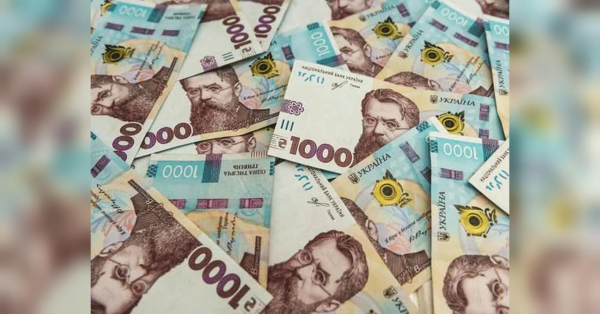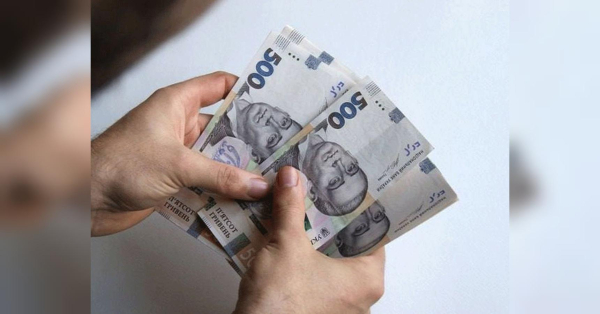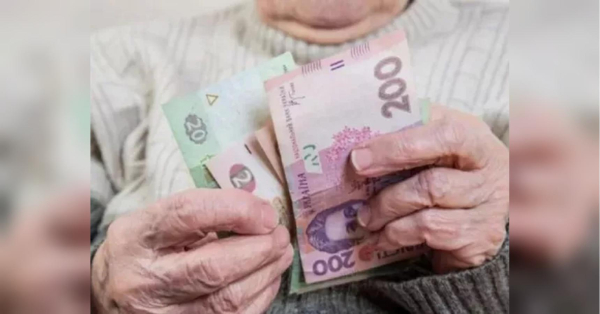
BRUSSELS — High anxiety dominated the closing day of a summit between European Union and Latin American leaders that was supposed to be a love-in but turned into a diplomatic fracas over the war in Ukraine.
Ambassadors worked through much of the night and into Tuesday afternoon to find even the blandest text to condemn Russia for its invasion of Ukraine, with talks hung up over the reservations of key holdout Nicaragua, which was running the toughest opposition throughout the summit.
“It would be a shame that we are not able to say that there is Russian aggression in Ukraine. It’s a fact. And I’m not here to rewrite history,” an exasperated Luxembourg Prime Minister Xavier Bettel said.
Joint statements traditionally issued at the end of such summits were being reconstructed with options for a footnote showing that Nicaragua objected or a simple text from the co-chair for both sides. Either of those would dampen a summit that was supposed to be a warm blanket of words and commitments between trusted partners from each side of the Atlantic.
Irish Prime Minister Leo Varadkar said that "sometimes it’s better to have no conclusions at all than to have language that doesn’t mean anything.”
More than one EU leader suspected that Moscow was involved in sowing division. “Don’t be seduced by Russian propaganda. Russia is not a victim -– it is the aggressor,” Lithuanian President Gitanas Nausada said.
The long-anticipated summit, eight years after the previous one, descended into a standoff over an issue that a vast majority of the 60 nations attending had already agreed on in several votes at the United Nations and other international institutions.
While the 27-nation EU wanted the summit to foocus on new economic initiatives and closer cooperation to stave off surging Chinese influence in the region, several leaders of the 33-nation Community of Latin American and Caribbean States brought century-old recriminations over colonialism and slavery to the table.
“Most of Europe was, and still is, overwhelmingly the lopsided beneficiary in a relationship in which our Latin America, and our Caribbean, have been and are unequally yoked,” said St. Vincent and the Grenadines Prime Minister Ralph Gonsalves, who holds the CELAC presidency.
The diplomatic defense of Ukraine and the condemnation of Moscow is an everyday staple for EU nations, but many Latin and Central American governments have taken a more neutral view of a conflict in Europe that for them is only one of many blighting the world.
It also brought division within the CELAC group itself, with nations such as Chile seeking to draw a clear distinction from members like Nicaragua.
“We’re very sorry for the situation. And really, I mean, we’re very surprised that there are members of our group which oppose any resolution concerning this war,” said Chilean Foreign Minister Alberto van Klaveren. “It’s a war of aggression.”
As a result of the differences, long-stalled trade agreements — such as a huge EU-Mercosur deal — were no closer to resolution when the leaders prepared to wrap up their summit Tuesday afternoon.
If something were on show, it was Central and South America’s increased confidence, boosted by a huge injection of funds from China and the knowledge that their critical raw materials will become ever more vital as the EU seeks to end an excessive reliance on Beijing’s rare mineral resources.
Their last such encounter was in 2015, and since then the COVID-19 pandemic and Brazil’s three-year departure from the 33-nation CELAC group had made the Atlantic Ocean separating the two sides seem wider.
Sourse: abcnews.go.com






